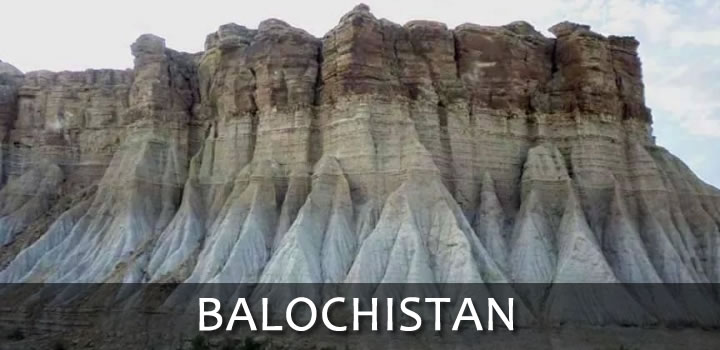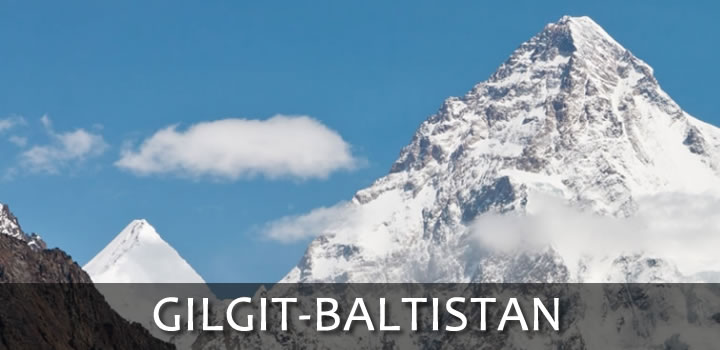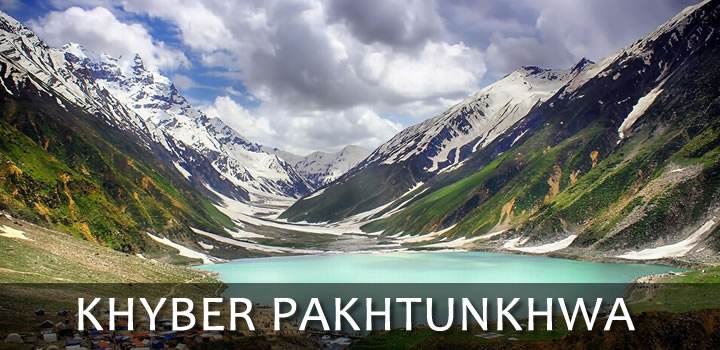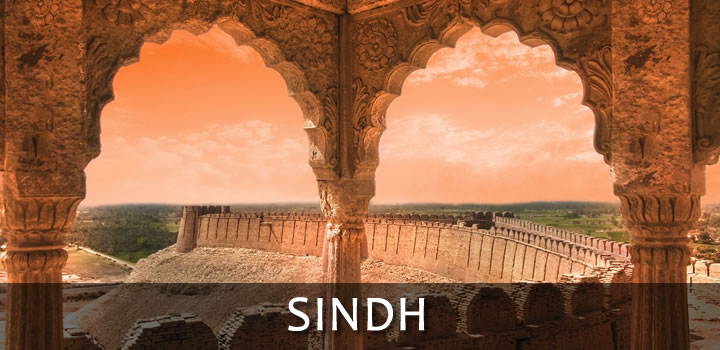
Sufi music:
In the Sufi tradition, verse and music are means of attaining awareness and are an expression of Ishq - love for God - the ultimate truth. Sufi devotional music therefore, has the power to deeply move the mind and the spirit.
The selection of verse in the album include some of the best known qawwalis, Kafis and ghazals ever composed. They have been selected with a view to facilitate appreciation of the range of verses, musical compositions and languages involved. Thus, the lyrics include an assortment of Persian, Urdu, Punjabi and Saraiki poetry drawn from the works of some of the greatest Sufi poets of all times. This collection includes works of Maulana Jalaluddin Rumi, Hafiz Shirazi, Amir Khusrao, Sachal Sarmast, Bulleh Shah, Khawaja Ghulam Farid, Sultan Bahu, Allama Muhammad Iqbal and many others, sung by renowned artists.
Sufi Music Library
Coke Studio is a Pakistani television programme and international music franchise which features live studio-recorded music performances by established and emerging artists. It is the longest-running annual television music show in Pakistan since 2008.

He was a legendary Pakistani vocalist and musician, primarily a singer
of Qawwali, a form of Sufi Islamic devotional music. Widely considered
one of the greatest voices ever recorded, he possessed an extraordinary
range of vocal abilities and could perform at a high level of intensity
for several hours.

Junoon (Urdu: جنون, literally "obsession/passion") is a Sufi rock band from Lahore, Punjab, Pakistan, and Tappan, New York, formed in 1990. The band is directed by founder, lead guitarist and songwriter, Salman Ahmad, who was soon joined by keyboardist Nusrat Hussain , bass guitarist Brian O’Connell and vocalist Ali Azmat Junoon is Pakistan's and one of South Asia's most successful bands; the Q magazine regarded them as "One of the biggest bands in the world" and The New York Times called Junoon "the U2 of Pakistan". Since their inception, the group has released a collective total of nineteen albums: seven studio albums; one soundtrack; two live albums; four video albums; and five compilations. They have sold over 30 million copies worldwide.
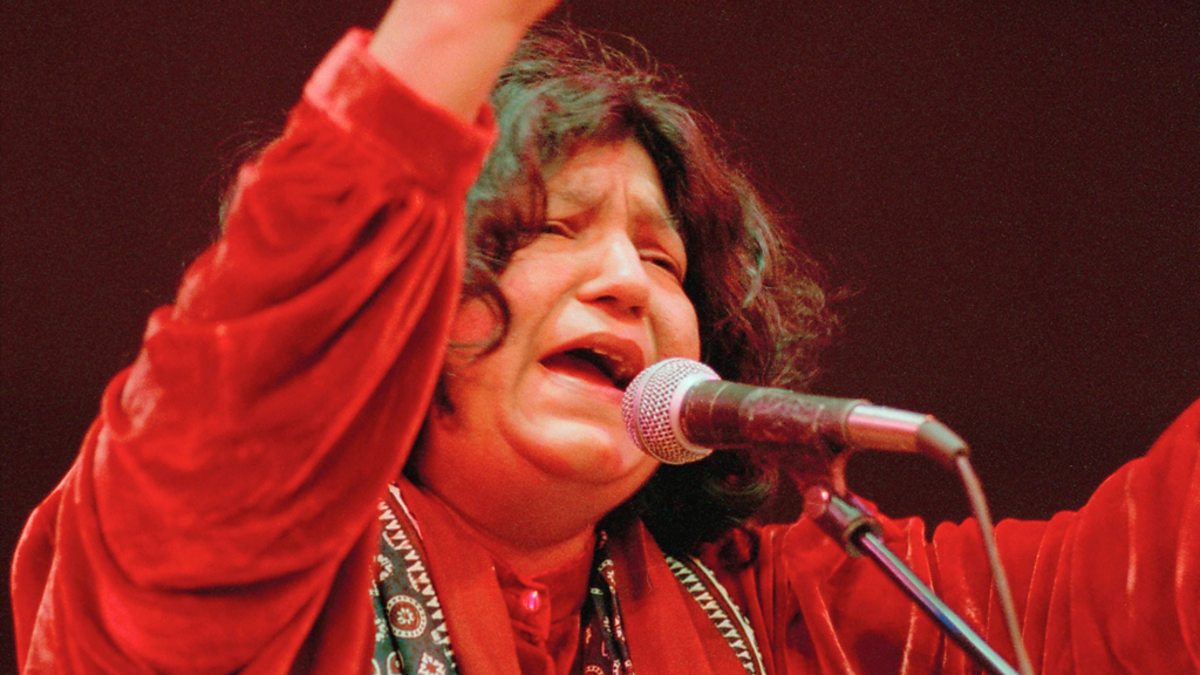
Abida Parveen, is a Pakistani Sufi Muslim singer, composer and musician.
Her singing and music has earned her many accolades, and she has been
dubbed as the 'Queen of Sufi music'.

Atif is a famous Pakistani pop singer and songwriter. He has recorded numerous chart-topping songs and is known for his vocal belting technique. He was awarded with Medal of Distinction in 2008.

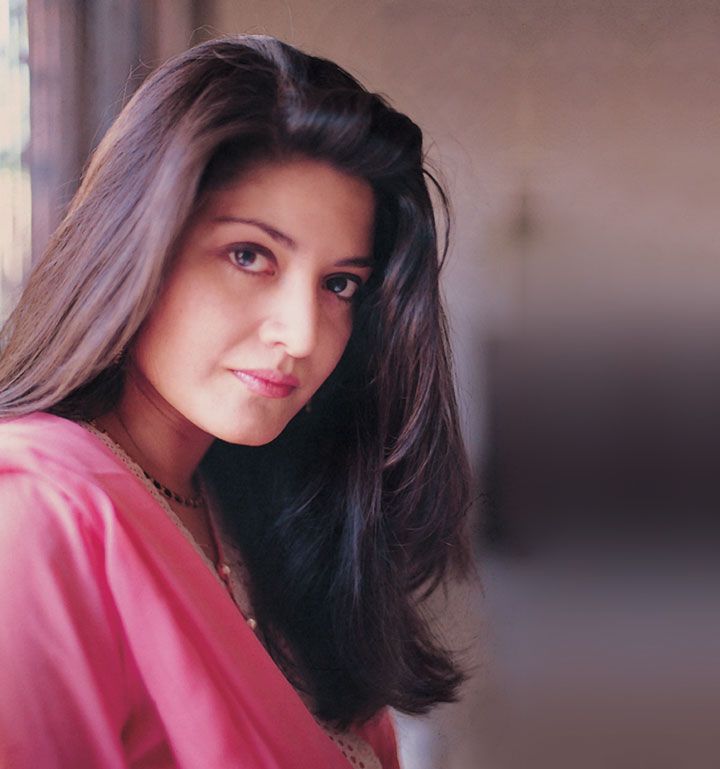
Nazia Hassan was a Pakistani pop singer and songwriter. She enjoyed widespread popularity across South and Southeast Asia and has been called the "Queen of Pop" in South Asia.
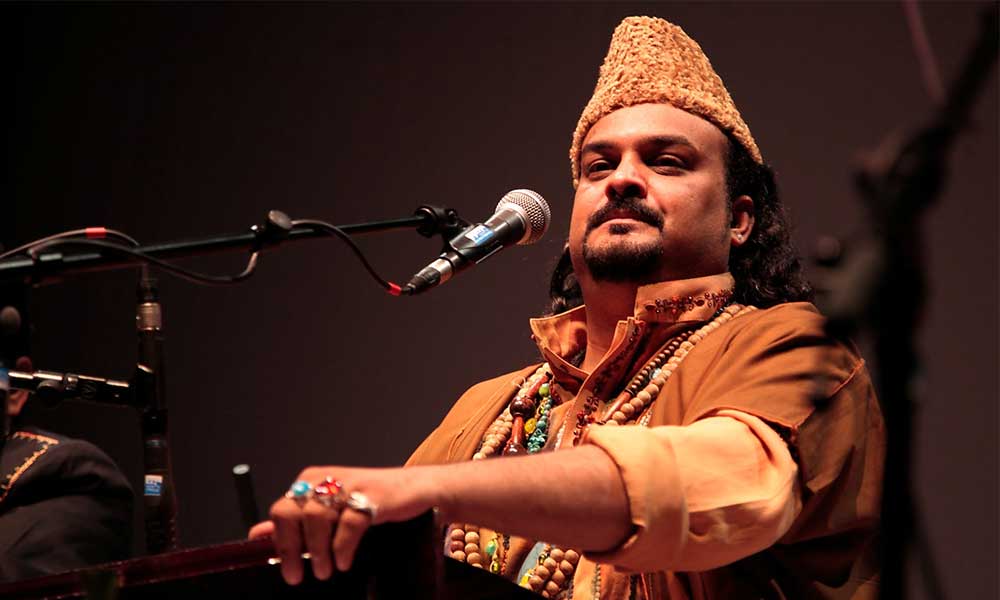
Amjad Farid (Fareed) Sabri (23 December 1970 – 22 June 2016) was a Pakistani qawwal, naat khawan and a proponent of the Sufi Muslim tradition. Son of Ghulam Farid Sabri and nephew of Maqbool Ahmed Sabri of the Sabri Brothers, he emerged as one of South Asia's most prominent qawwali singers, often reciting poems written by his father and uncle.
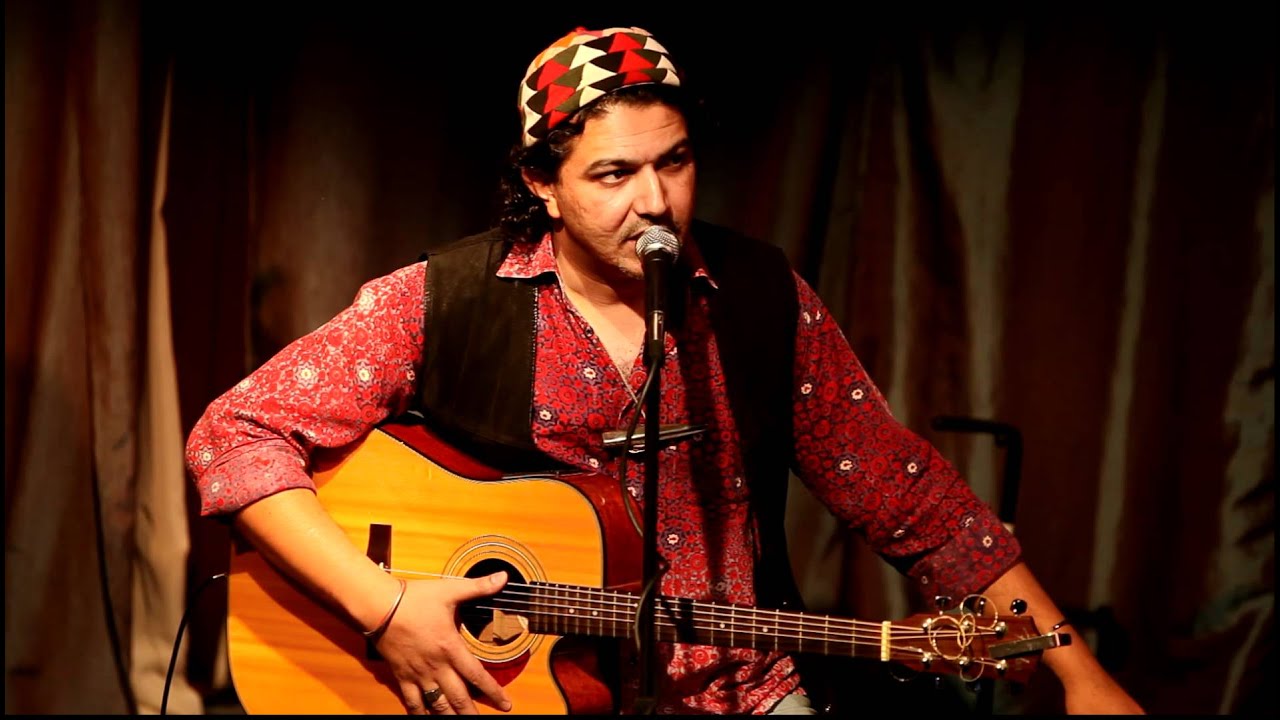
Arieb Azhar (born 1972) is a Pakistani musician. One of Arieb Azhar's interests is to mix urban and folk-based songs with lyrics from Pakistani Sufi poets while making use of other Eurasian influences he has absorbed along the way. Sometimes Arieb Azhar has been called a melting pot of musical and artistic influences.

Aziz Mian Qawwal (17 April 1942 – 6 December 2000) was one of Pakistan's leading traditional qawwals and also famous for singing ghazals in his own unique style of qawwali. Aziz mian is honorably considered as Shahenshah E Qawwali which means The Ultimate King Of Qawwali, he is considered to be one of the Greatest Qawwali singers of all time. Today he is still one of the most popular qawwals of the world, and he has given us many Qawwali hits. He holds the record for singing the longest commercially released qawwali, Hashr Ke Roz Yeh Poochhunga, which runs slightly over 150 minutes
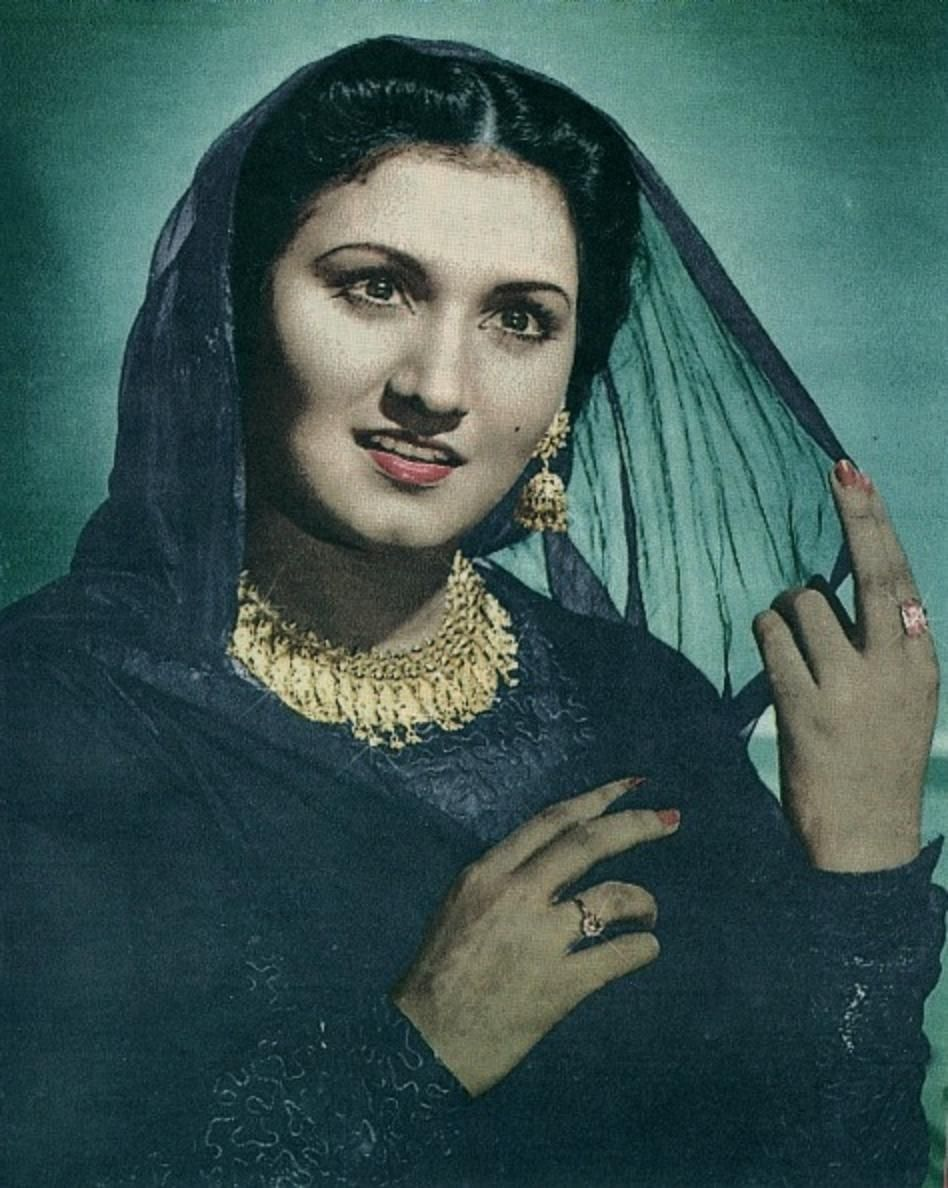
Noor Jehan, also spelled Noorjehan (born Allah Wasai; 23 September 1926 – 23 December 2000), also known by her honorific title Malika-e-Tarannum, the queen of melody), was a Pakistani playback singer and actress who worked first in British India and then in Pakistan. Her career spanned more than six decades (1930s–1990s). She was renowned as one of the greatest and most influential singers of all time especially throughout South Asia and was given the honorific title of Malika-e-Tarannum in Pakistan. She had a command of south east asian classical music as well as other music genres. Along with Ahmed Rushdi, she holds the record for having given voice to the largest number of film songs in the history of Pakistani cinema. She is estimated to have made more than 40 films and sung around 20,000 numbers during a career which lasted more than half a century. She is thought to be one of the most prolific singers of all time. She is also considered to be the first female Pakistani film director.
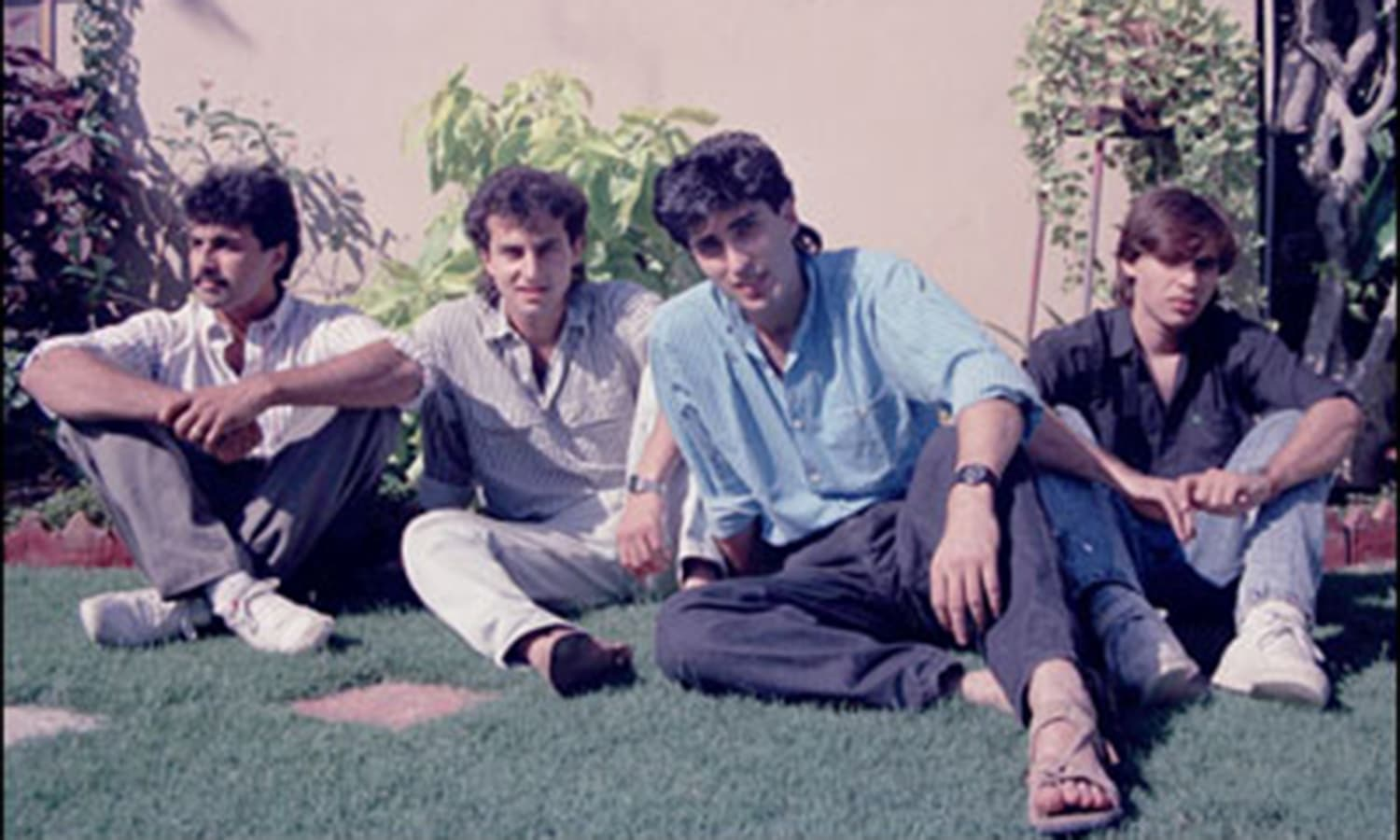
Vital Signs were a Pakistan pop and rock band formed in Rawalpindi in 1986 by two Peshawar University students. Since their formation, they became Pakistan's first and most commercially successful as well as critically acclaimed band. The band's popular lineup consisted of keyboardist Rohail Hyatt, bassist Shahzad Hasan, guitarist Nusrat Hussain and vocalist Junaid Jamshed. Rooted in Rawalpindi with some influence from Western music, the Vital Signs utilizes several genres, ranging from pop music to rock, and often incorporating classical and other elements in innovative ways. In the early 1990s, they came to be perceived by many Pakistani fans and country's cultural observers as a "promising new era of cultural revival". Their enormous popularity significantly opened a new wave of music and a modern chapter in the history of Pakistan.




